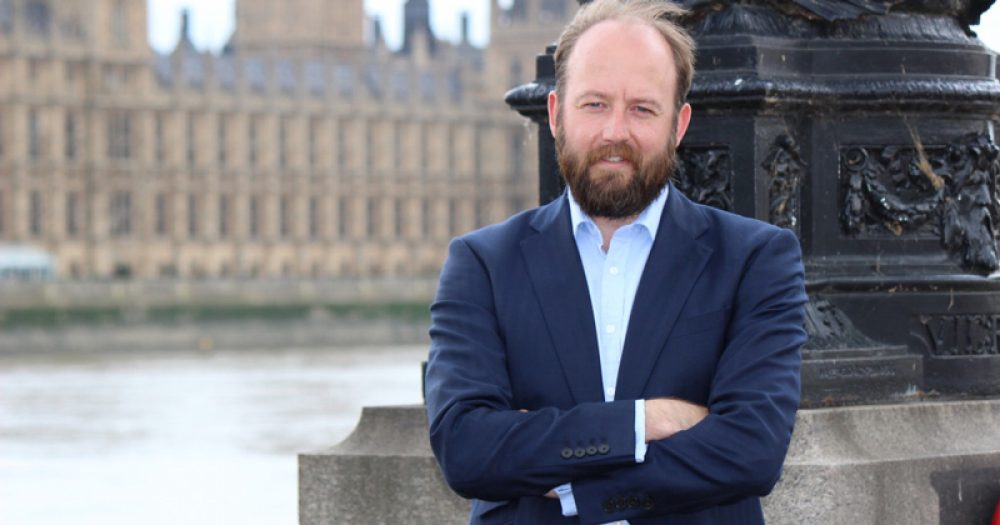Nick Timothy, a former New Schools Network director who served as chief of staff to prime minister Theresa May, has been appointed as a non-executive director of the Department for Education.
Announcing the appointment, a DfE spokesperson said Timothy would bring “a range of experience that will support our work as we continue to develop our world-leading education system”.
The DfE’s board consists of executive members, such as employed department directors and the permanent secretary Jonathan Slater, and non-executive members, who come from a range of different backgrounds. The board exists to advise on and monitor delivery of the department’s strategic priorities
Timothy, a former special adviser to May during her time as home secretary, was director of the NSN from 2015 to 2016, before he stepped down to work in Downing Street.
He resigned as a chief aide to the former prime minister in June 2017 after the Conservatives lost their majority at the general election that year.
Timothy is a huge fan of grammar schools, and is widely thought to have been the driving force behind May’s failed bid to lift the ban on new selective institutions.
In 2015, while he was in charge of the NSN, Timothy told the Telegraph the law preventing new grammar schools was “limiting the number of good schools”, adding: “I do believe in the diversity of the system and choice for parents, and I don’t see why selection couldn’t be a part of that choice.”







I’m sure there’s more to Nick Timothy (don’t forget it’s Nick Timothy CBE now!) than free schools and grammar schools, but it would be disingenuous to pretend that this appointment shouldn’t be seen as encouraging proponents of both. On that basis I’m not sure about appointing someone who has proven as polarising as Nick Timothy, especially now when a consensual approach of everyone working together to do the best we can is needed. Nothing to do with the man himself, but more about what the consequences are likely to be …
If there is going to be “more to follow” on this story, it would be helpful to know who actually appoints these DfE non-executive directors.
The DfE website says:
‘All appointments [to non-executive posts] are made on merit and political activity plays no part in the decision making process.’
As past appointments to these positions include Tory party donors (eg Theodore Agnew, John Nash), I’m not sure I believe that.
As you say, Nick Timothy is a divisive figure. As such, it is unlikely he will keep an open mind.
https://www.gov.uk/government/publications/department-for-education-non-executive-appointments
This comes at a stage where we need to take a step back and review our system in the context of what is authentically of value.
Wellness and wellbeing of pupils and staff; equity; promoting positivity and genuine collaboration; learning which includes research, questioning, critical thinking and creativity, building on and deepening knowledge rather than focusing on just presentation and recall; intelligent and meaningful accountability for sure but with data used to promote learning rather than to oppress; an atmosphere of trust and confidence in the school and the system; a willingness and the opportunity to look outwards and learn from other systems and from the excellent research which is taking place, even “locally” in Scotland and Wales.
This crisis surely has to give impetus for change and renewal. I do not know Mr. Timothy but I am not confident that he will lead our system towards this. I hope that I am wrong.
I thought it was only in the private sector where failure was rewarded?
Highly intelligent children are doing just as well academically in true comprehensive schools as those in grammars. However in addition they are learning how to get on with all levels of intelligence found in comprehensives